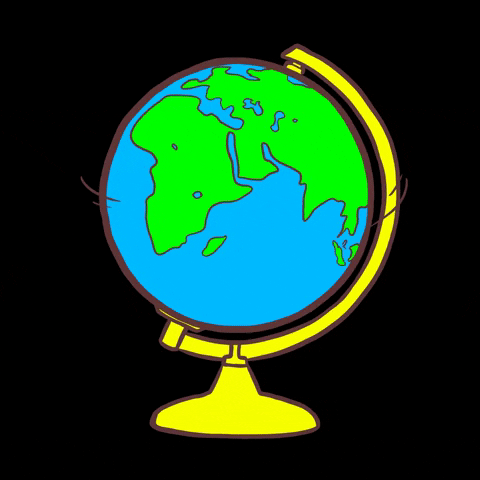Morning! 😃 ☕️
Here's what most Spanish learners miss:
This isn't just a beautiful quote from Coco.
It's a window into how different Spanish-speaking cultures process grief, family, and remembrance.
And when you understand these regional differences, you avoid massive cultural missteps.
In today's email...
-
📱 Day 2: Fill in 6 blanks + master regional context
-
🌟 Why this phrase means something different in Mexico vs. Spain
-
🏃♂️ How to read cultural cues before using this phrase
📧 subscribe here \ yesterdays newsletter 📆
MEMORIZE 🧠
La muerte no es el _____, es solo otra _____ de la vida. Mientras alguien te recuerde, mientras alguien pronuncie tu _____, sigues _____ en sus corazones. Por eso la _____ nunca _____.
As always, the answer key and audio are at the bottom of this email.
CULTURAL MOMENT 🍅
Here's the uncomfortable truth: If you use this phrase with a Spaniard, they'll understand the words - but they won't feel the cultural weight behind them.
Why?
Because Spain's relationship with death is fundamentally different from Mexico's, Guatemala's, or Peru's.
Spain has Catholic traditions around death - somber funerals, black clothing, periods of mourning.
But they don't have Día de los Muertos.
They don't build altars with marigolds and sugar skulls.
They don't celebrate the ongoing presence of the deceased in the same active, joyful way.
Mexico, Guatemala, and indigenous communities across Latin America?
They inherited pre-Columbian beliefs that death is a transition, not an ending.
The Aztecs believed in Mictlán (the underworld) as a journey, not a punishment.
The Maya saw death as part of a continuous cycle. When Catholicism arrived, these beliefs didn't disappear - they merged.
That's why this phrase from Coco resonates so deeply with Mexican audiences.
It's not Disney inventing a philosophy. It's Disney capturing a worldview that's been alive for centuries.

WORD SPOTLIGHT 🔍️
Today's disappeared words: final, etapa, nombre, vivo, familia, muere
Let's focus on the two words that reveal the deepest cultural divide:
"Final" (end) - In English, "the end" is absolute.
Game over. Credits roll.
But in Spanish, final can mean "end" or "ending" - and how different cultures use this word reveals everything.
Mexican Spanish speakers often reject the concept of final when discussing death.
They'll say things like "No es un adiós, es un hasta luego" (It's not goodbye, it's see you later). That's not poetic language - that's literal belief.
Meanwhile, European Spanish speakers use final more concretely. "Es el final" means it's over. The cultural weight of this single word shifts dramatically across regions.
"Familia" (family) - This word looks simple, but it carries different social weight depending on where you are.
In Mexico and Central America, familia extends far beyond blood relatives. It includes compadres (godparents), extended relatives you see weekly, and even close family friends who earn the title tío or tía.
When a Mexican person says "la familia nunca muere" (family never dies), they're talking about this massive interconnected network.
In Spain or Argentina, familia tends to be more nuclear - immediate family, maybe grandparents. Same word, completely different social structure behind it.
HEAR THE SPANISH AUDIO 🍅
Pro tip: Listen three times.
Once for general meaning.
Once following along with the text.
Once with your eyes closed, focusing purely on pronunciation and rhythm.
ANSWER KEY ✅
La muerte no es el final, es solo otra etapa de la vida. Mientras alguien te recuerde, mientras alguien pronuncie tu nombre, sigues vivo en sus corazones. Por eso la familia nunca muere.
English: "Death is not the end, it's just another stage of life. As long as someone remembers you, as long as someone says your name, you stay alive in their hearts. That's why family never dies."
🍅 Please help us grow!! Send to a friend who needs this! 🙏
(it’s free!)
How was today's newsletter? Your feedback helps us create better Spanish content for you! (I read every single one!)
🎯 ¡Perfecto! My Spanish is growing →
📚 Está bien. Here's what would help →
See you tomorrow! - 🍅 The Phrase Café Team
Get the audio by subscribing below 👇
There's a better way to learn.
Phrase Café delivers one memorable disappearing Spanish phrase to your inbox daily. It’s a simple, effective way to build fluency without the frustration.